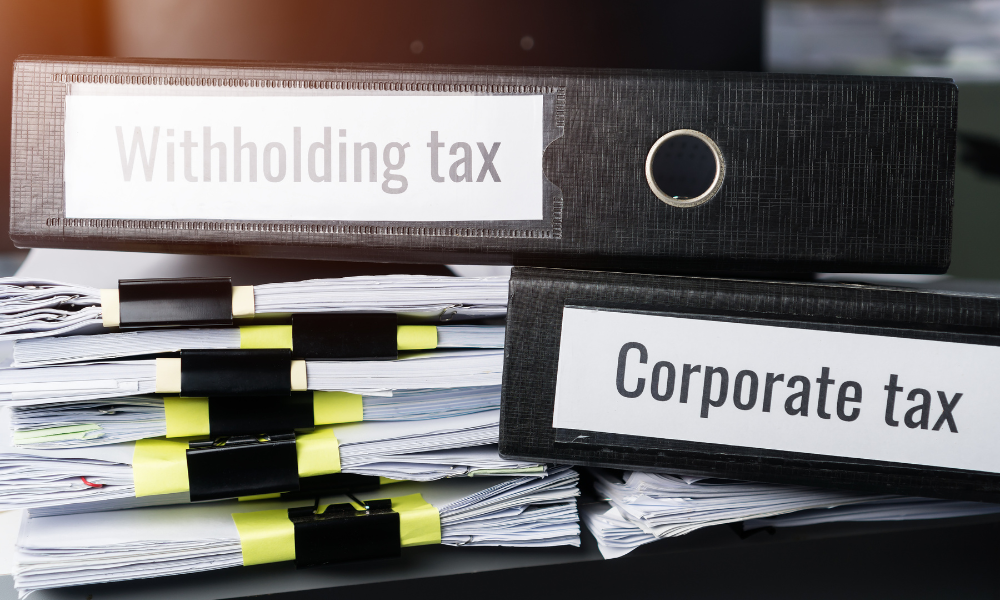Whether leasing a small space for a shop or renting a large office, it is important for commercial lease tenants to know their rights before signing any contracts. They should also be aware of their responsibilities as tenants based on their contract and the tenancy laws of Canada.
In this article, we’ll talk about the rights and obligations of commercial lease tenants in Canada. We'll do an overview of the law on tenancy in Canada, what tenants can expect, and what they can do to protect their rights.
How do commercial leases work in Canada?
Commercial leases are agreements between the owner of the property (lessors or landlords) and the person renting the property (lessee or tenant). It may also refer to the contract which outlines both parties' rights and obligations.
The commercial lease allows the tenant to use the property for commercial purposes for an agreed period, subject to rental or lease payments to the landlord.
Laws on commercial leases
Commercial leasing is under the jurisdiction of the provinces and territories. Each province and territory would have its own law on commercial leases.
These laws outline:
- the forms needed
- the rights of both tenant and landlord
- action they can take to correct any violations
It is in addition to the agreements of the parties found in the lease contract.
In Québec, its Civil Code will be its main statute for commercial leases. In other provinces, common law principles on commercial leasing also apply.
To help a tenant establish their rights when looking at their commercial lease contract, here’s a video that explains some of its necessary terms:
Tenants should reach out to a lawyer in their area for help with their commercial lease agreement. Here’s a listing of the best property leasing lawyers in Québec as ranked by Lexpert.
What are the rights of commercial lease tenants in Canada?
Commercial lease tenants’ rights are outlined under:
- the parties’ commercial lease contract
- the provincial or territorial laws on commercial tenancy
When conflicts arise on the relationship between the tenant and the landlord, parties must first refer to their contract and the applicable law.
Commercial lease contracts prevail over the provincial or territorial statutes, provided their conditions are not illegal.
Here are some of the rights of a commercial lease tenant:
Right to negotiate the commercial lease
Before entering an agreement, one of the rights of a commercial lease tenant is to freely negotiate its provisions.
Under the law on contracts, a party cannot be compelled to agree to a contract. Since a contract is an agreement between two parties, both must voluntarily consent to it.
As such, both parties are free to negotiate a contract’s terms and conditions. If one of them is not satisfied with the contract, they can simply walk away.
Applying these principles in a commercial lease, one of the rights of a commercial lease tenant is to negotiate a condition that seems unfavorable to them. If the landlord does not agree to change it, the tenant can either withdraw from the deal or accept the agreement as it is.
Right against rent increases
Parties can agree to the right of a commercial lease tenant on the increase on rental or lease payments.
In some cases, parties agree to prior notice when the landlord decides to increase in rental payments. Another option is a fixed rental increase after a specific period (e.g. after one year or every six months).
What is being prevented here is the increase in rent that is not outlined in the parties’ contract.
Rights related to eviction
According to Canadian laws, a tenant may be evicted under the following grounds:
- non-payment of rent
- breach of contract
While both parties can agree on eviction grounds and procedure in their contract, the provincial or territorial tenancy laws also have provisions on eviction that must be followed.
Since these procedures may differ in each province and territory, tenants are advised to always consult a lawyer. They are needed not just when there’s a problem, but even before the lease contract is signed.
Non-payment of rent
In some provinces, there are certain steps that must be taken before a landlord can evict a tenant for non-payment of rent.
For example, under Ontario’s Commercial Tenancies Act, the landlord has two options:
- re-enter the property and change its locks: here, the landlord must wait 16 days after the rent was due before doing so
- re-enter the rented space and sell the tenant’s property within its premises: the tenant has the right to receive prior notice only if stated in the lease contract
Other provinces may follow a similar procedure. Otherwise, the provisions of the lease contract for the eviction due to non-payment of rent must be followed.
Breach of contract
The lease contract must provide the grounds where either the landlord or the tenant can commit breach of contract.
Depending on the terms of their agreement, one of the rights of a commercial lease tenant is to receive prior notice from the landlord about their alleged breach. The tenant also has the right to address the breach before the landlord can evict them and change the locks of the property.
Again, this all depends on whether these provisions are included in the agreement.
Right to sue
A commercial lease tenant has the right to sue as outlined by the law or stated in the contract.
Tenants should consult a lawyer. Here, the tenant’s lawyer can check whether the tenant has a cause of action against their landlord.
Grounds for suing a landlord
If the landlord has not fulfilled the conditions of the contract, the tenant can sue for specific performance. This will compel the landlord to do their duty according to the contract.
The tenant can also sue the landlord for damages. This can be due to the landlord’s breach of contract or their negligence. The amount of damages that the tenant can demand may be found in the lease contract itself, as in the case of liquidated damages.
The landlord can also sue their tenant, under similar or different grounds.
Empowering commercial lease tenants
Commercial lease tenants should know their rights to protect themselves. While provincial laws provide the baseline, individual lease agreements hold significant weight. A property lease lawyer can help tenants review the terms of their contract and negotiate for better terms.
To know more about commercial lease tenant rights in Canada, reach out to any of the Lexpert-Ranked best property leasing lawyers in Canada.





